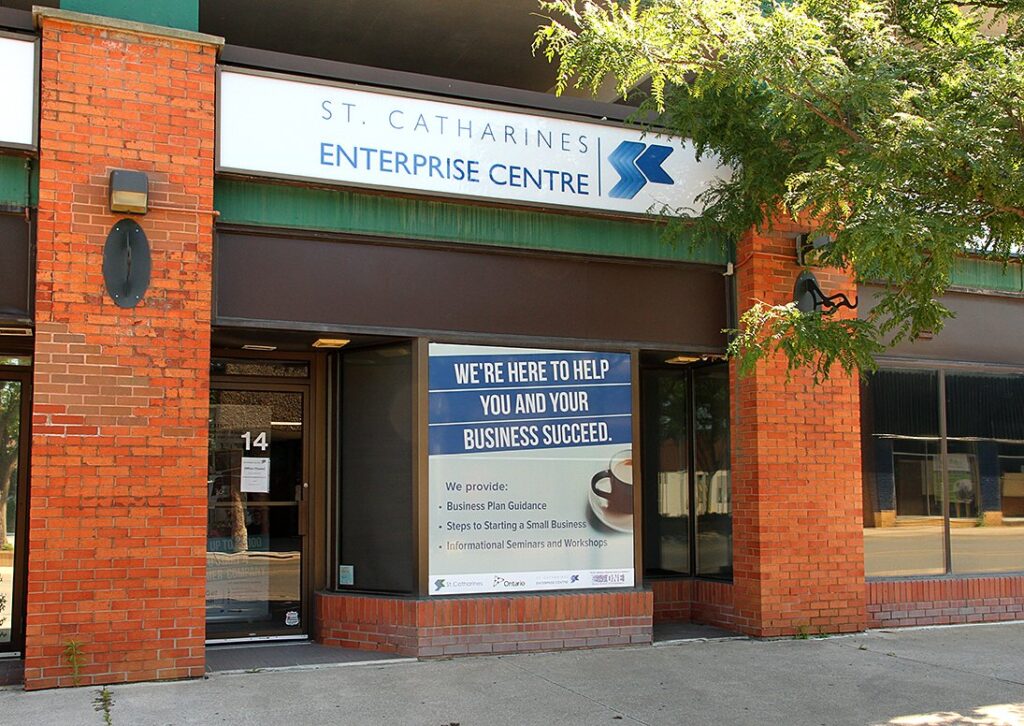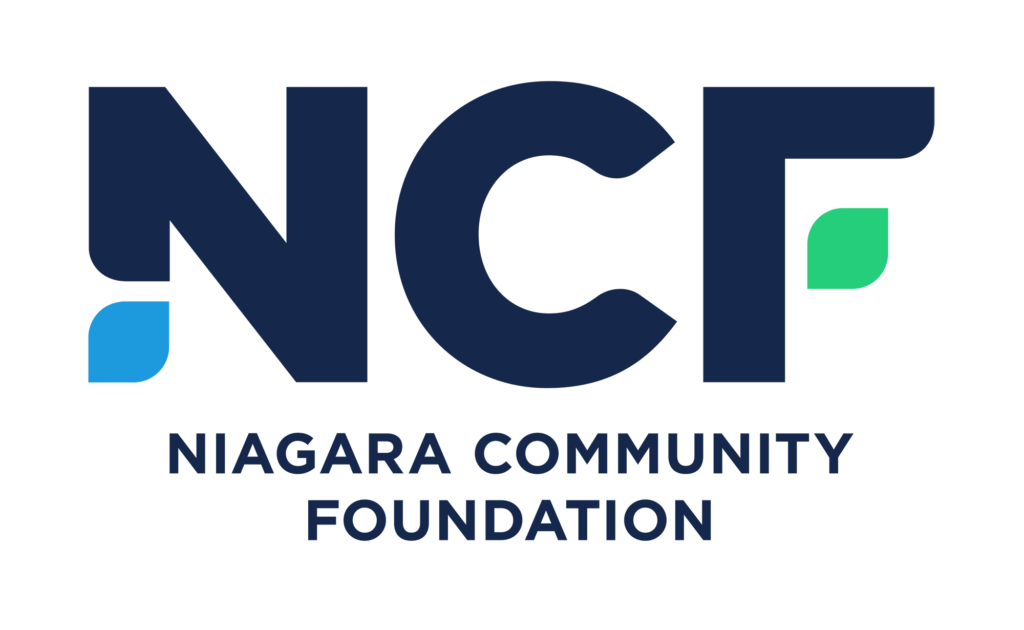In this edition:
- Niagara unemployment rate falls to 6.5%, bucking national, provincial trends
- St. Catharines Enterprise Centre offers new year opportunities for entrepreneurs
- Niagara Community Foundation announces largest granting year in history
- Port Colborne will levy Municipal Accommodation Tax from February 1st
- Niagara College and Mohawk collaborate to address key healthcare worker shortages
- U.S. steel, plastics among items Canada may target with retaliatory tariffs
- Canada pauses zero-emission vehicle incentives for consumers; businesses receive additional year
- Issued residential building permits fall in November for second consecutive month
- Liberals set to announce Trudeau’s successor as party leader on March 9
- Focus on Human Resources
Did you know you can get the GNCC’s Daily Update emailed to you? Click here to sign up.

Photo credit: skrotov / Adobe Stock
Niagara unemployment rate falls to 6.5%, bucking national, provincial trends
Niagara’s unemployment rate fell from 6.7% to 6.5% in December 2024, according to the latest data from Statistics Canada’s Labour Force Survey, while both provincial and national numbers ticked upwards.
However, falling employment and participation rates in Niagara may indicate that the positive performance may be owed more to people leaving the labour force than to job creation, with the local labour force contracting from 245,300 to 243,400.
Vic Fedeli, Minister of Economic Development, Job Creation and Trade, commented positively on data showing that Ontario added 23,000 jobs to the economy in December.
“Despite an uncertain global economy in 2024,” Minister Fedeli said, “Ontario remained the economic engine of Canada, adding more than 200,000 jobs across key industries, including the automotive, life sciences, tech and advanced manufacturing sectors.”

Photo credit: City of St. Catharines
St. Catharines Enterprise Centre offers new year opportunities for entrepreneurs
A new year brings new opportunities for aspiring entrepreneurs, and the City of St. Catharines’ Enterprise Centre is ready to help individuals turn their ambitions into successful ventures.
The Enterprise Centre’s January 2025 offerings include a mix of in-person seminars and virtual webinars tailored to support small business owners and start-ups.

Image credit: Niagara Community Foundation
Niagara Community Foundation announces largest granting year in history
Niagara Community Foundation (NCF) is proud to announce its annual total, granted to local charities in 2024 surpassed $3.6million making 2024 the largest granting year in the organizations history. This announcement comes with the publication of 45 grants totaling $315,261 granted through NCF’s Community and Fall Mini Grant programs.

Photo credit: Andrii Yalanskyi / Adobe Stock
Port Colborne will levy Municipal Accommodation Tax from February 1st
Beginning Feb. 1, 2025, a new mandatory Municipal Accommodation Tax (MAT) will be enforced in Port Colborne under By-law 7283/105/24.
The tax applies to all short-term accommodation establishments, which must now add a 4% (plus HST) charge to the room rate.

Mohawk College Medical Radiation Sciences student Han Nguyen practices with a CT scanner on a medical manikin. | Picture credit: Mohawk College / supplied
Niagara College and Mohawk collaborate to address key healthcare worker shortages
A collaboration between two Ontario public colleges is enhancing opportunities for students while addressing critical skill gaps in their local healthcare sectors.
Niagara College and Mohawk College have recently signed an agreement that creates dedicated learner spaces in high-demand programs for their Pre-Health Sciences graduates.

Picture credit: Pixel-Shot / Adobe Stock
U.S. steel, plastics among items Canada may target with retaliatory tariffs
Canada is looking to target American steel, ceramics and plastics with retaliatory tariffs in response to an escalating trade dispute with the incoming Trump administration.
A senior government official says the list is not final and that Ottawa has made no decisions yet on retaliation.

Photo credit: NVB Stocker / Adobe Stock
Canada pauses zero-emission vehicle incentives for consumers; businesses receive additional year
The Incentives for Zero-Emission Vehicles (iZEV) Program was scheduled to pause on March 31, 2025, or once all the available funding has been accessed by Canadians. Canadians will benefit from incentives until Program funds are exhausted, the Government of Canada stated in a media release.
Canadian businesses and organizations purchasing or leasing zero-emission trucks can continue to benefit from the Incentives for Medium- and Heavy-Duty Zero-Emission Vehicles (iMHZEV) Program, which continues until March 31, 2026.

Photo credit: reme80 / Adobe Stock
Issued residential building permits fall in November for second consecutive month
The total value of residential permits decreased by $588.1 million (-7.5%) to $7.2 billion in November. Multi-unit construction intentions (-$522.3 million) drove the decrease, while the single-family component (-$65.8 million) contributed modestly to the decline.

Picture credit: European Union / Wikimedia Commons
Liberals set to announce Trudeau’s successor as party leader on March 9
The federal Liberals will announce a new leader on March 9, the party announced late Thursday, giving potential candidates just two weeks to decide to run and potential voters less than three weeks to join the party in order to vote.
Did you know?
Meta, which owns Facebook and Instagram, is ending its diversity, equity and inclusion programs.
Focus on Human Resources
Golden rules in workplace safety: A powerful tool or missed opportunity?
Many organizations develop booklets for their employees featuring five to 10 key safety principles, often referred to as golden rules, key rules, or similar terms. The primary intention behind these rules is to direct employees’ attention to the most critical safety guidelines. In some organizations, every violation of these rules is investigated, and such violations can sometimes lead to disciplinary measures.
The concept of golden rules, while popular, raises several concerns. First, the existence of a select few “key” rules may imply that other safety rules are less important or even optional, which can lead to confusion. Second, the process of determining which rules qualify as “golden” is problematic. For instance, some organizations base their golden rules on past incidents. However, if corrective actions have already been implemented, why assume that the same rule-breaking scenarios will recur? Moreover, in organizations with low incident rates, gathering enough data to identify key rules could require analyzing events over 10-15 years. This might result in rules addressing risks that are no longer relevant in today’s work environment.
Through the Daily Updates, the GNCC aims to deliver important business news in a timely manner. We disseminate all news and information we feel will be important to businesses. Inclusion in the Daily Update is not an endorsement by the GNCC.



